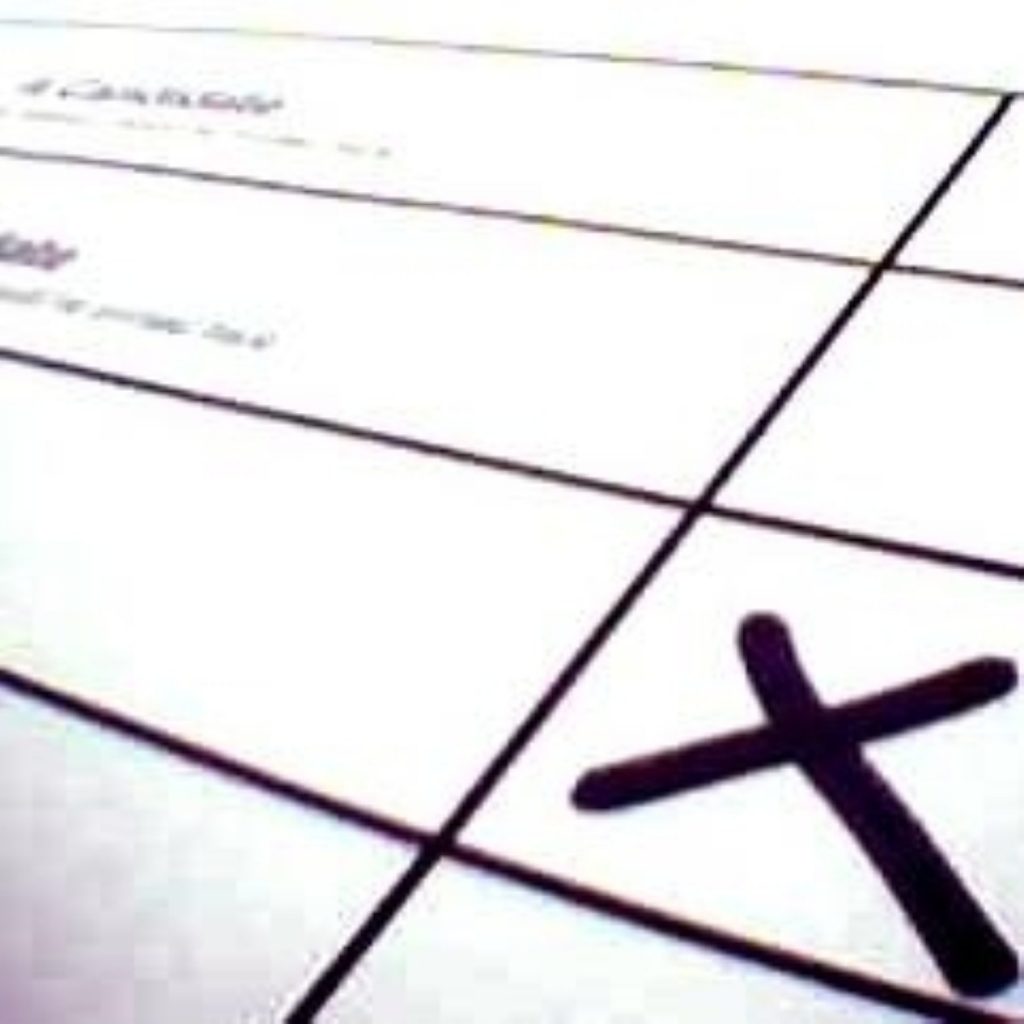Technical glitch could delay local election results
Results in scores of councils could be delayed after next month’s local election, as problems with new vote-checking software emerge.
New anti-fraud legislation means that for the first time councils will be using software to scan postal ballots. Signatures on voting papers must match with the signature on the original application form or votes could be discounted.
Councils plan to use software to scan ballot papers but now up to 100 councils admit they are having problems. Set-backs include software not having arrived or staff not being trained to use the technology.
There are concerns that if the software cannot accurately scan and compare signatures, votes could be wrongly discounted.


Some town halls are employing extra staff to manually check ballot papers, but admit this could delay the election result by several days.
David Monks, chief returning office for England, told the Times: “It is essential that we have the systems working by next week so that we can start processing postal vote applications.
“If not, returning officers will have severe difficulties and the results could be delayed.”
Ministers have been accused of ignoring signs of the problem and failing to properly test the new technology.
Malcolm Dumpster, policy director for the Association of Electoral Administrators and deputy returning office at Southampton city council, insisted the technology should have been piloted.
“I think there is a fear that if systems go down, if people have real problems in saying, yes, that’s a good signature, a bad signature, open to challenge, confidence goes in the election and that’s just what we don’t want in this climate,” he told the BBC’s Today programme.
A spokeswoman for the Department for Constitutional Affairs maintained that postal voters would still have their ballots counted, regardless of any technical problems.
“It is important to remember that the majority of postal votes are received before polling day, and will be checked and verified at opening sessions before polling day, so that on polling day itself the postal votes are ready to be counted,” she said.
“Systems are being supplied by a number of commercial companies which have developed new software and hardware for the new postal voting provisions. They have all given assurances that they will have the appropriate systems in place for the May local elections.”












